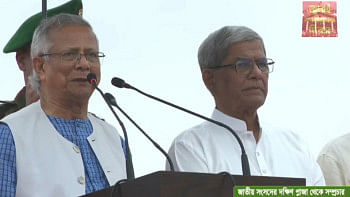Accessible book format for the persons with visual impairments

The Marrakesh Treaty has been devised with obligations for member States to mandatorily set up the exceptions and limitations in their respective domestic copyright laws so that accessible book format can be available for the blind, visually impaired and otherwise print disabled (article 4). The persons who are with visual impairments are called beneficiaries (article 3). Despite the major disagreements between representatives of developed and developing worlds, it is agreed that “literary and artistic works in the form of text, notation and/or related illustrations, whether published or otherwise made publicly available in any media” shall be covered under this treaty. The treaty allows the authorised organisations, be it governmental agencies or non-profit organisations (designated by the member State), to make and exchange those accessible book format within its own jurisdictions and territories of other members of the treaty (article 5). Thus, this will create an atmosphere of cooperation and collaboration between the member States of the treaty which will ultimately increase the volume of accessible books for the persons with visual impairments. Most importantly, this will reproduce, distribute, make available to the public of copyrighted works yet will not be deemed infringement because of the exceptions and limitations enshrined in the national copyright law in pursuant to the treaty. Even, this treaty allows the importation of accessible format copies without the authorisation of right holders (article 6). It also addresses the right to privacy issue of the beneficiaries and directs that technological circumvention in any manner must not hinder the enjoyment of rights of the beneficiaries (articles 7-8). The treaty has left the discretionary powers to the member States to adopt and implement own practices in dealing with the significant matters concerning the accessibility of book format for the persons with visual impairments and its implementation mechanisms.
The WIPO has established “information access point” for this treaty to ensure sharing of information by the members and facilitate cooperation among the members. Obviously, it will help in better implementation of the treaty both in domestic arena and across borders. In addition, it has also initiated Accessible Books Consortium (ABC) project to create and make available accessible formats in braille, audio and large print.
In Bangladesh, we have been facing the dearth of accessible format of books or other educational resources for the persons with visual impairments. Many libraries of our educational institutions do have required educational and research materials for visually impaired students and researchers. Moreover, the copyright issues are dealt with in the Copyright Act, 2000 according to which making accessible format without author’s authorisation may constitute an infringement (section 71) even though there are certain exceptions and limitations covering ‘fair use’ or ‘educational use’, etc. (section 72). Without specific legislative exceptions or limitations in the existing copyright law (which Bangladesh would be able to put in if it joins the Marrakesh Treaty), any endeavours of transforming accessible book format may infringe the original right of reproduction, distribution, making available to the public of copyrighted materials. Considering the significance and benefits of the treaty, many jurisdictions such as the UK, the EU, China, Canada and India, have already become parties to the treaty.
After serious analysis of pros and cons, Bangladesh should consider actively to accede to the Marrakesh Treaty, thereby making necessary legislative changes in the domestic copyright law enabling the accessible format of books or other resources for the persons with visual impairments.
The writer is Senior Lecturer in law, East West University, Bangladesh.

 For all latest news, follow The Daily Star's Google News channel.
For all latest news, follow The Daily Star's Google News channel. 



Comments